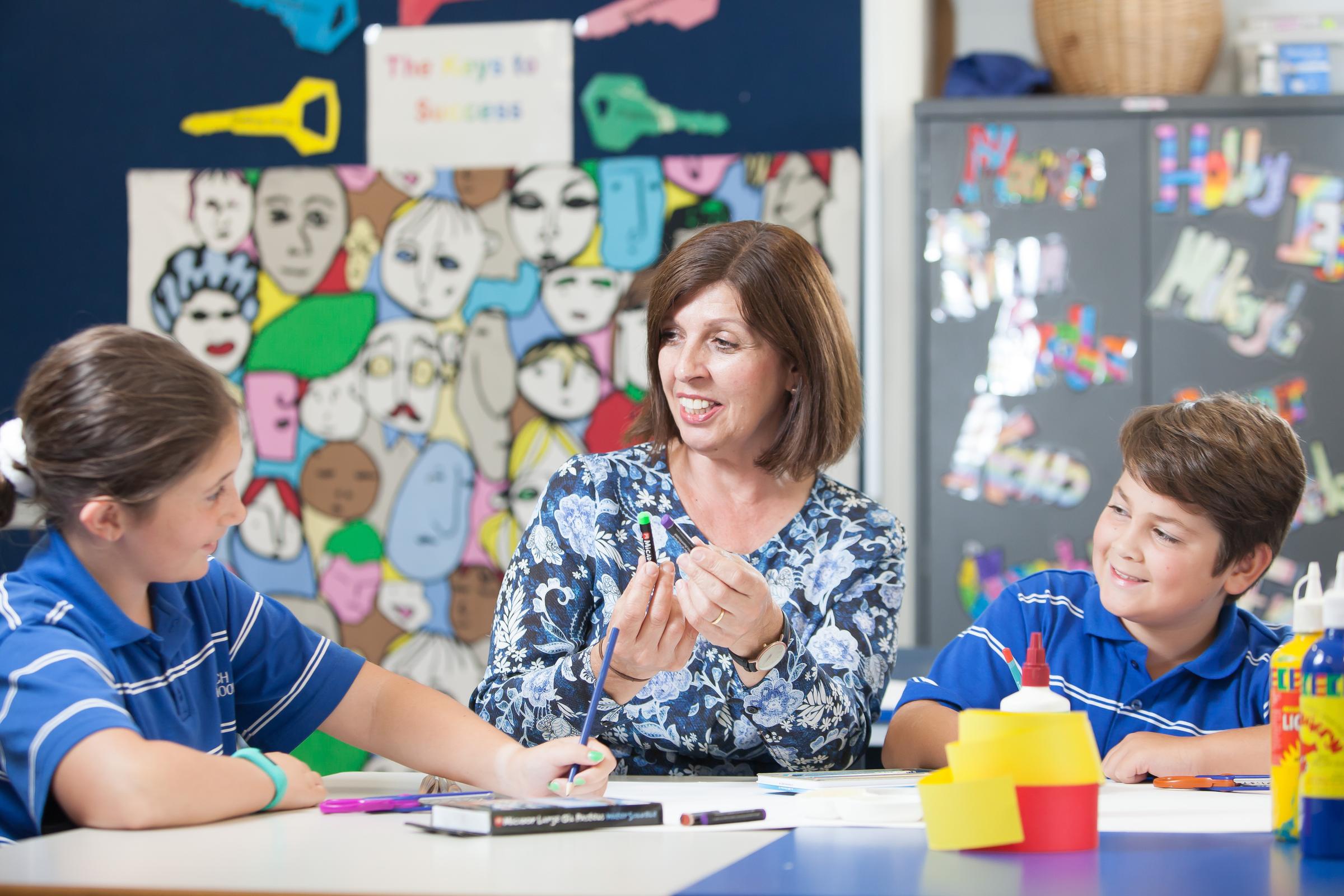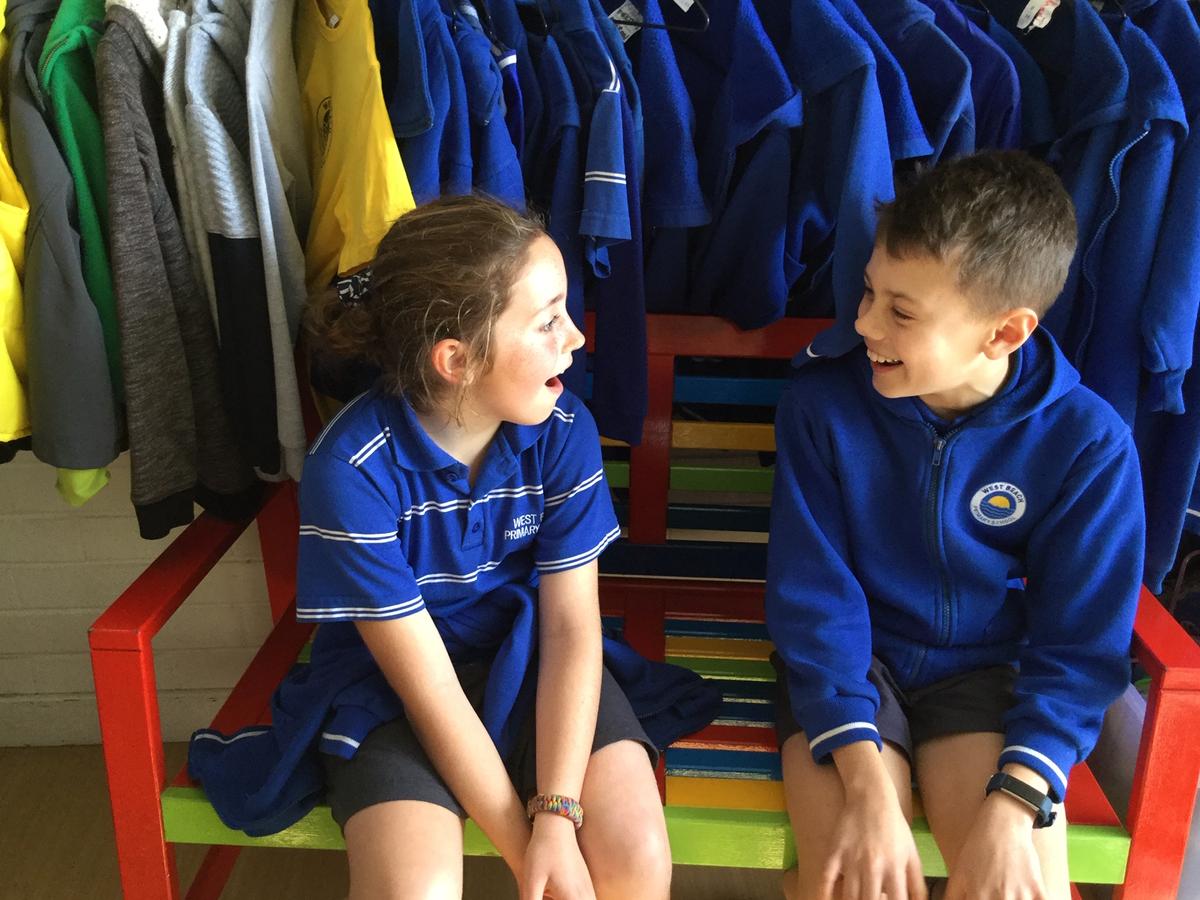
Wellbeing
STUDENT ACTION TEAM
STEM
Since the middle of Term 2 we have been having our assemblies online. This has been a new learning journey for all of us and a terrific way of keeping everyone connected and informed about what other classes are learning about and their successes.
We are proud of our STEM Leaders who have spent a lot of time editing some very entertaining videos and organising the assemblies.
We have been impressed with the way our students have taken on this new challenge and have shown persistence, optimism and used their problem solving skills to ensure that assemblies are up loaded for everyone to view. It’s been great to see the comperes develop their confidence while giving live broadcasts and Mr Kennedy and Mr Mulree working out which camera they are meant to be looking at when presenting the class certificates! J
Due to current circumstances we will continue to have assemblies on an online platform and we will let parents know when the hall assembly will return.
Thank you to our school ICT technician Ashley, for his help when the internet decides to make life tricky! We all appreciate your calm and helpful assistance
Play and Friendships
When children have good friends, they feel connected with others and feel like they belong. They feel valued when their friends care about them, and this helps them feel good about themselves.
Friendships help children develop important life skills like getting along with other people and sorting out conflicts and problems. Children with these skills are less likely to have social and emotional difficulties later in life.
School friends and parents: why your child needs both
Young children enjoy playing with their friends, but they still need their parents. In fact, during the early school years, family relationships are still the biggest influence on your child’s development.
Good family relationships are what your child needs to learn and grow. Family relationships give your child a stable, safe home base through the ups and downs of making and losing friends. In fact, the care and love you give your child at home helps your child manage other relationships.
If your child is upset at being left out, or has had a fight with a friend, they know that you’re still there for them. And you can help them work it out by talking about what happened and how they felt. For example, ‘How did you feel when Ali wouldn’t let you play?’ This helps your child learn about their feelings and how to handle them. Sometimes just listening or giving your child a hug can be enough.
KEY POINTS
- Friendships give your school-age child a sense of belonging, build self-esteem, and develop social skills.
- Support your child’s friendships by getting to know his friends and organising play-dates.
- When children have friendship troubles, try using social reminders, rule checks and school buddy systems.
- If you’re concerned about your child’s friendships, it’s always good to talk with your child’s teacher.
If you have noticed your child is having friendship problems, there are some good resources to support you with talking to your child about their feelings - see the link below. https://raisingchildren.net.au/school-age/connecting-



